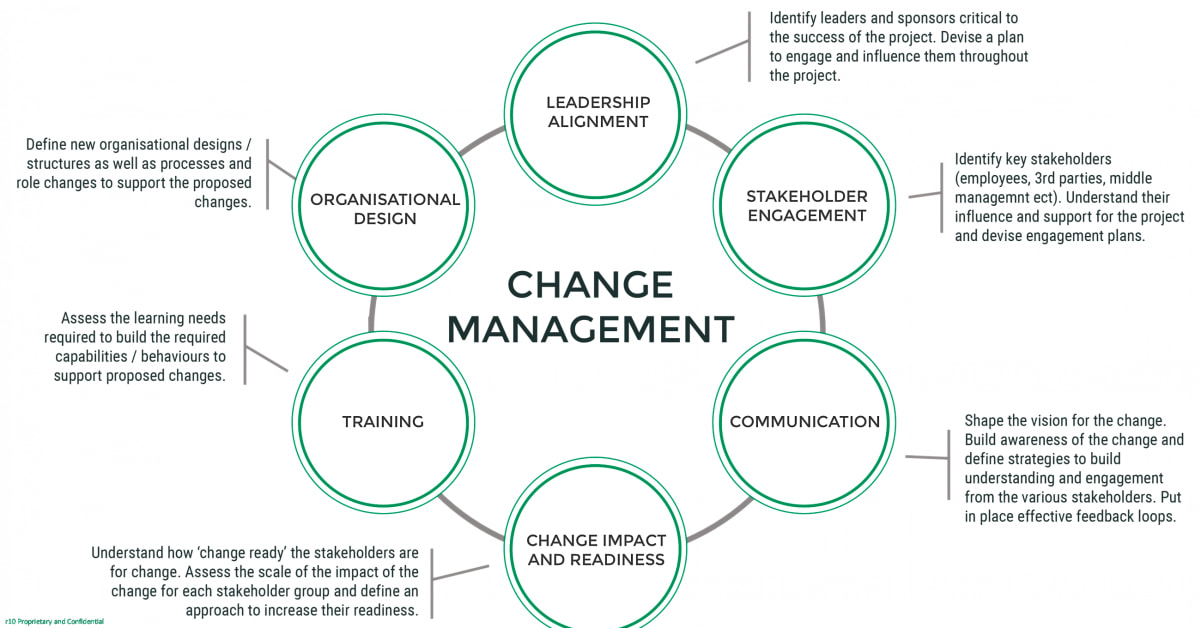As the world continues to evolve and advance, businesses must also adapt in order to stay competitive. Incorporating technology has become a crucial aspect of business growth strategies, particularly in the realm of innovation and product development. It is no longer a luxury, but a necessity for companies to embrace technological advancements in order to thrive. In this comprehensive guide, we will explore the different ways in which businesses can incorporate technology into their operations and how it can lead to significant growth and success. From streamlining processes to improving customer experience, technology has the power to revolutionize the way we do business. So let’s dive in and discover how you can harness the power of technology for your business growth.
To begin with, it is important to understand how technology can help improve your business strategies. For example, implementing data analytics tools can provide valuable insights into consumer behavior, market trends, and overall performance of your business. This information can then be used to make informed decisions on how to grow and expand your business.
Additionally, technology can streamline and automate many of your business processes, saving time and resources. This allows for more efficient operations and frees up employees to focus on other important tasks. For instance, implementing project management software can help track progress, identify areas for improvement, and ensure timely completion of projects.
Another key aspect of incorporating technology is understanding the different types of consulting services available. These services can provide professional guidance and expertise on how to effectively integrate technology into your business. They can also offer valuable advice on which specific technologies would be most beneficial for your unique business needs.
Some common types of consulting services include management consulting, IT consulting, and marketing consulting. Each of these focuses on a specific aspect of your business and offers tailored solutions to help drive growth and success.
It is also important to consider the potential challenges and drawbacks of incorporating technology. While it can greatly benefit businesses, there may be initial costs and training required to implement new technologies. It is crucial to carefully weigh the pros and cons and consult with experts before making any significant changes.
In conclusion, incorporating technology is a crucial step in driving business growth and staying ahead in a competitive market. By understanding how technology can improve your strategies, knowing the different types of consulting services available, and carefully considering potential challenges, you can effectively incorporate technology into your business for long-term success.
Streamlining Processes with Automation
In today’s fast-paced business world, efficiency is key to success. One way to achieve this is by incorporating technology into your business processes, specifically through automation.
Automation involves using technology to streamline and optimize repetitive tasks and processes, freeing up time and resources for more important tasks. This can include automating data entry, customer communications, inventory management, and more.
By implementing automation, businesses can save time, reduce human error, and increase productivity. This not only benefits the bottom line, but also allows employees to focus on more meaningful and creative work.
Consulting services can play a crucial role in guiding businesses through the process of incorporating automation into their processes. They can provide expertise on the latest technology and help tailor solutions to fit specific business needs.
In conclusion, incorporating technology through automation is essential for streamlining processes and driving business growth. By leveraging the power of technology, businesses can stay ahead of the competition and achieve greater efficiency and success.
Data Analytics: Understanding Your Business
In today’s data-driven world, businesses have access to vast amounts of information. However, without proper analysis, this data is useless. This is where data analytics comes in.
Data analytics is the process of examining large datasets to uncover patterns, trends, and insights that can help businesses make informed decisions. By incorporating data analytics into your business processes, you can gain a better understanding of your operations, customers, and market trends.
One of the main benefits of data analytics is the ability to make data-driven decisions. With the help of advanced algorithms and tools, businesses can analyze customer behavior, market trends, and operational efficiency to identify areas for improvement. This can lead to more efficient processes, better products or services, and ultimately, increased profitability.
Data analytics can also help businesses identify potential risks and opportunities. By analyzing historical data and market trends, businesses can anticipate potential challenges and adapt their strategies accordingly. This can help prevent financial losses and identify new opportunities for growth.
Furthermore, data analytics can also improve customer satisfaction. By understanding their preferences and behaviors, businesses can personalize their offerings and improve the overall customer experience. This can lead to increased customer loyalty and retention.
Consulting services can play a crucial role in helping businesses understand and utilize data analytics effectively. With their expertise and experience, they can guide businesses in selecting the right tools and techniques for their specific needs and goals.
Types of Consulting Services
In today’s fast-paced business world, staying ahead of the competition requires constant innovation and adaptation. One way to achieve this is by incorporating technology into your business processes. However, implementing technology into your business operations can be a daunting task, especially for those who may not have the necessary expertise. This is where consulting services come into play.
There are various types of consulting services that can assist businesses in incorporating technology. These include management consulting, IT consulting, and marketing consulting.
Management Consulting: This type of consulting focuses on helping businesses improve their overall performance and efficiency. They provide guidance on strategy development, organizational restructuring, and process improvement. With management consulting, businesses can identify areas where technology can be incorporated to streamline processes and increase productivity.
IT Consulting: As the name suggests, IT consulting specializes in providing solutions for information technology-related issues. They help businesses choose the right technology and software to meet their specific needs, as well as provide support for implementation and maintenance. This type of consulting is crucial for businesses looking to incorporate new technologies or upgrade their existing systems.
Marketing Consulting: Marketing consulting is focused on helping businesses develop effective marketing strategies to reach their target audience. With the use of technology, marketing consulting can help businesses analyze consumer behavior and trends, as well as utilize digital marketing tools to promote products or services.
Challenges and Considerations
Costs: One of the main challenges in incorporating technology into your business is the cost associated with it. Implementing new technology can be expensive, especially for small businesses with limited budgets. It’s important to carefully evaluate the return on investment and potential long-term benefits before making any decisions.
Training and Implementation: Introducing new technology into your business also requires proper training and implementation. Your employees will need to learn how to use the new technology effectively, and this process can take time and resources. It’s important to have a plan in place for training and implementation to ensure a smooth transition.
Security: With the increasing use of technology comes the risk of cyber threats and data breaches. It’s essential to prioritize security when incorporating technology into your business. This may involve investing in cybersecurity measures or working with a consulting service that specializes in data protection.
Integration: Another consideration when incorporating technology is how it will integrate with your existing systems and processes. Compatibility issues and technical challenges may arise, so it’s important to thoroughly research and test the technology before implementing it into your business.
Human Element: It’s easy to get caught up in the excitement of new technology, but it’s important to remember the human element in your business. Technology should enhance and improve your employees’ work, not replace them. Consider how the new technology will affect your team and their roles within the company.
Incorporating technology into your business is not just about keeping up with the times, but also about driving growth and success. By utilizing data analytics, streamlining processes, seeking professional guidance through consulting services, and carefully considering any challenges, you can effectively incorporate technology for the benefit of your business.





